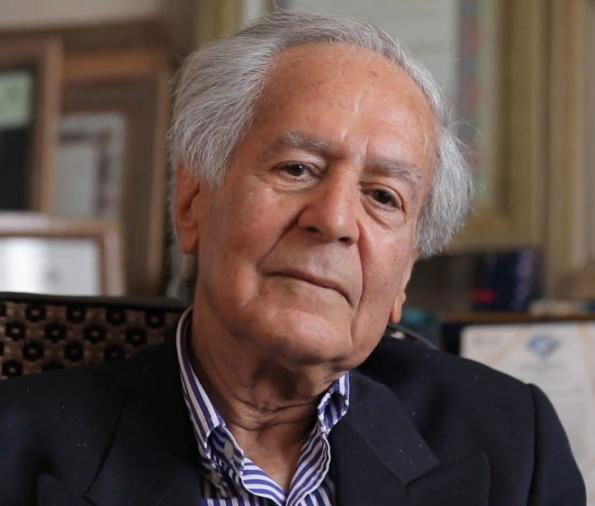
ورود به سامانه
تاریخ های مهم
آخرین مهلت ارسال مقاله کامل
1403/09/10تمدید مهلت ارسال مقاله کامل
1403/10/10اعلام نتایج داوری
1403/11/10دریافت مقاله نهایی پذیرفته شده
1403/11/20شروع کنفرانس
1403/12/07پایان کنفرانس
1403/12/09
تا همایش
پایان
آمار بازدید
امروز : 0
دیروز : 10
ماه جاری : 54
ماه گذشته : 253
آمار کلی : 66,789
سخنرانان کلیدی

دکتر توماس کهلر
دانشگاه درسدن- آلمان

دکتر محمدرضا فرخنیا
دانشگاه توئنته- هلند

دکتر عباس بازرگان
دانشگاه تهران










